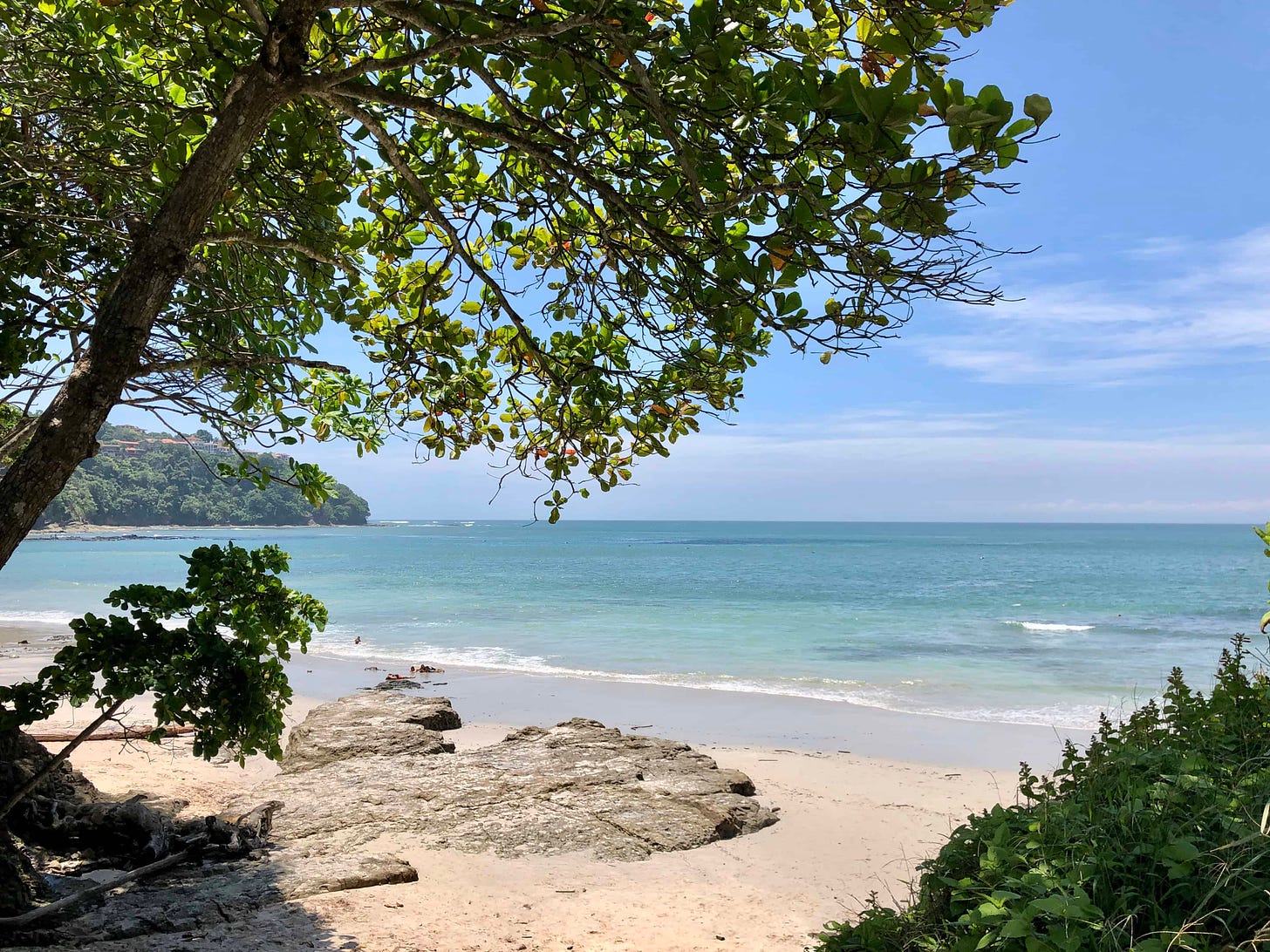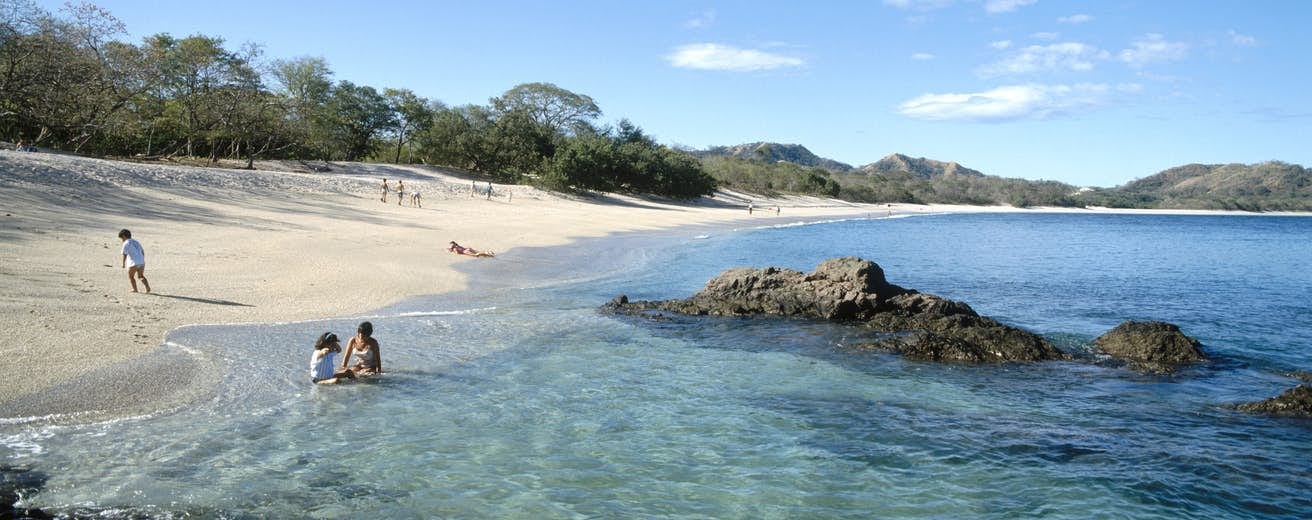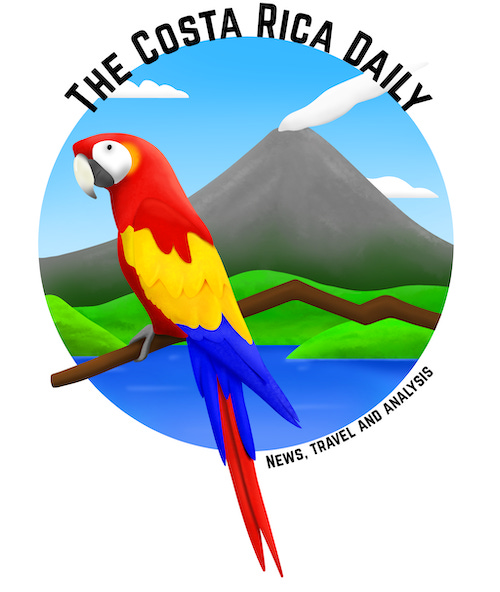Costa Rica has about 800 miles of coastline, including hundreds of spectacular beaches. And, by law, all of them are public.
Beaches are property of the Republic of Costa Rica and available for the use by all inhabitants. This is established by the Maritime Zone Law (ZMT), which stipulates that the first 50 meters from high tide is public property. No individual can claim ownership to that land, and with few exceptions no one can build there1:
“The maritime terrestrial zone constitutes part of the national patrimony, belongs to the State and is inalienable and imprescriptible. Its protection, as well as that of its natural resources, is the obligation of the State, its institutions and all the inhabitants of the country.”
The result is there’s really no such thing as an “exclusive” beach in Costa Rica. Anyone and everyone has the same legal right to enjoy the sun, sand and surf.
Here’s the catch: While the beaches themselves are public, access to them may not be.
Over the years, many hotels and individuals have tried to make “their” beach more private by reducing or eliminating access points.
In perhaps the most famous example, Punta Leona closed public access to its beach by claiming a road was private property. It took more than 20 years (and a criminal trial) for the road to be reopened.
As you travel, it’s easy to see people “in the know” taking advantage of Costa Rica’s public beaches.
Punta Leona, for example, has a very pretty white-sand beach (creatively named Playa Blanca). The public road leads to neighboring Playa Mantas, and from there anyone can walk to their beach of choice.
Similarly, you’ll find dozens of cars parked at Playa Brasilito in Guanacaste but few people actually at that beach. That’s because most will have strolled over to Playa Conchal, a beach whose access is otherwise restricted by upscale hotels.
So grab the sunscreen and a cold beverage. Costa Rica has wonderful beaches — and you’re invited to all of them.
Support The Costa Rica Daily
Your generosity helps support more great content:
Here is the law in full, in case Spanish-language legalese is the preferred way to start your morning. The ZMT has significant implications for property ownership and building guidelines, but that’s a story for another day.






